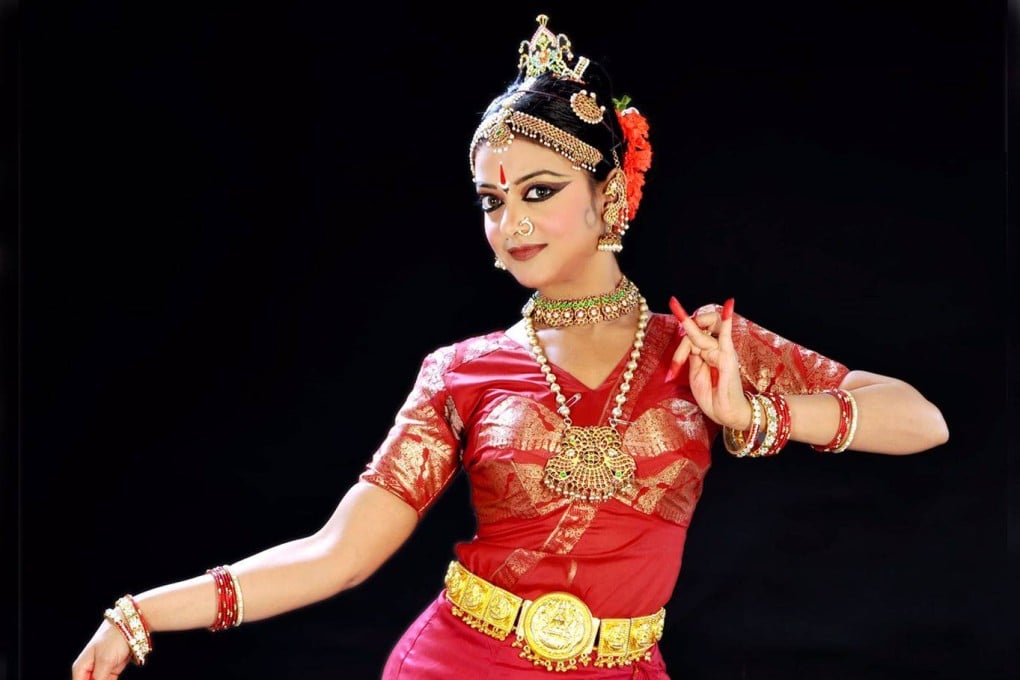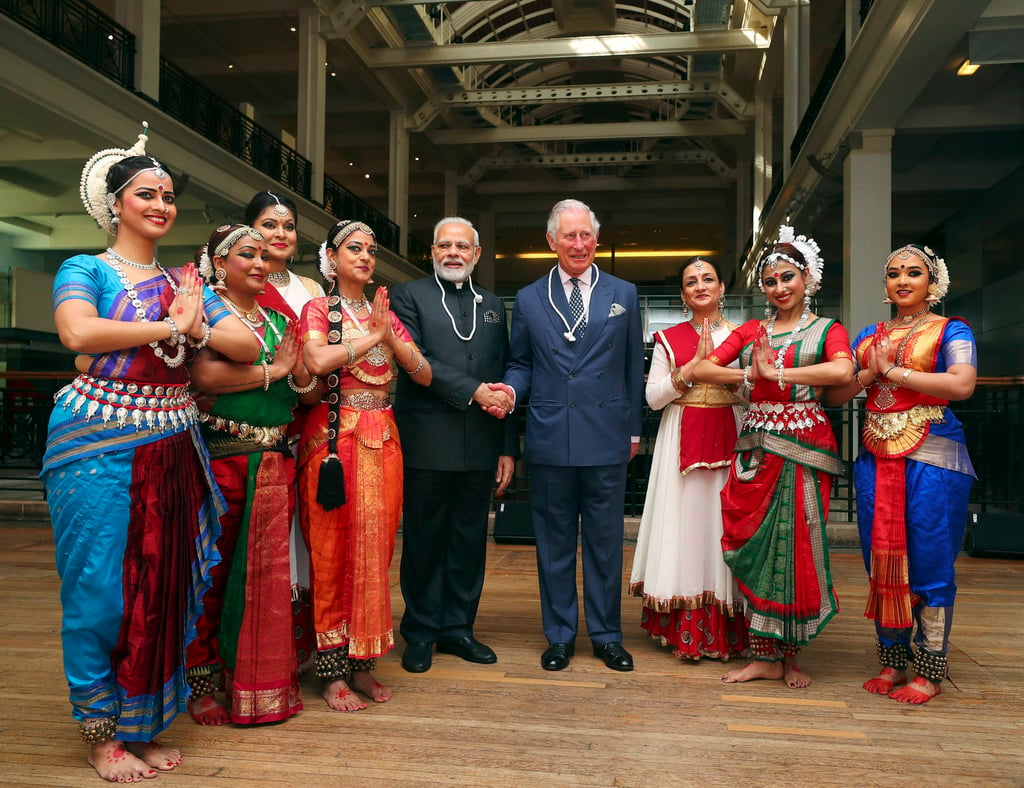Renowned Indian dancer Arunima Kumar to perform Kuchipudi for Britain’s Queen Elizabeth’s Platinum Jubilee
- London-based dancer-choreographer set to wow the crowds with the South Indian dance form, beloved for its vibrant style and unique storytelling features
- An award-winning performer, Arunima and her troupe have danced for Indian PM Narendra Modi, and she’s been honoured for her efforts to popularise Indian culture

The 43-year-old New Delhi native, who is renowned for performing the classical Indian dance form of Kuchipudi, will take centre stage at Westminster Abbey with students from her Arunima Kumar Dance Company in June.

But this time will be different, she said – calling performing for the British monarch a “historic opportunity”.
“I’m confident it will be etched in history for all of us as the grandest of all celebrations,” Arunima told This Week In Asia in a phone interview. “I’m proud to represent India as part of the Commonwealth, and present my team of 50 dancers across ages and abilities at this memorable event.”
The daughter of former Delhi Police Commissioner Neeraj Kumar described the British queen as “a living bridge between tradition and the contemporary, as well as India and the UK”. “This celebration is really an honour as it celebrates her life, her contributions and her values,” she said.